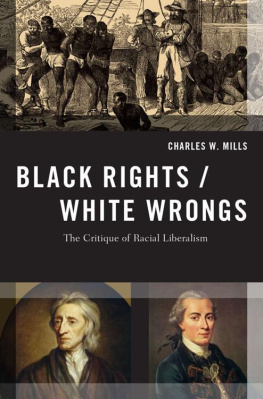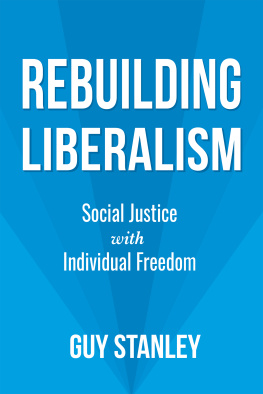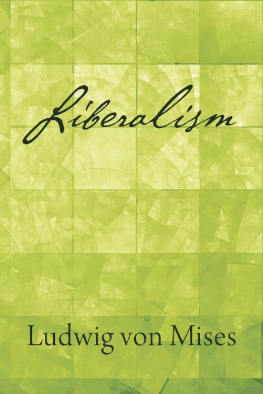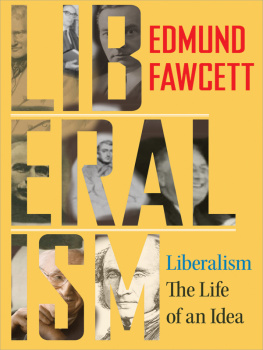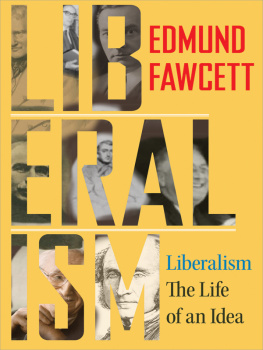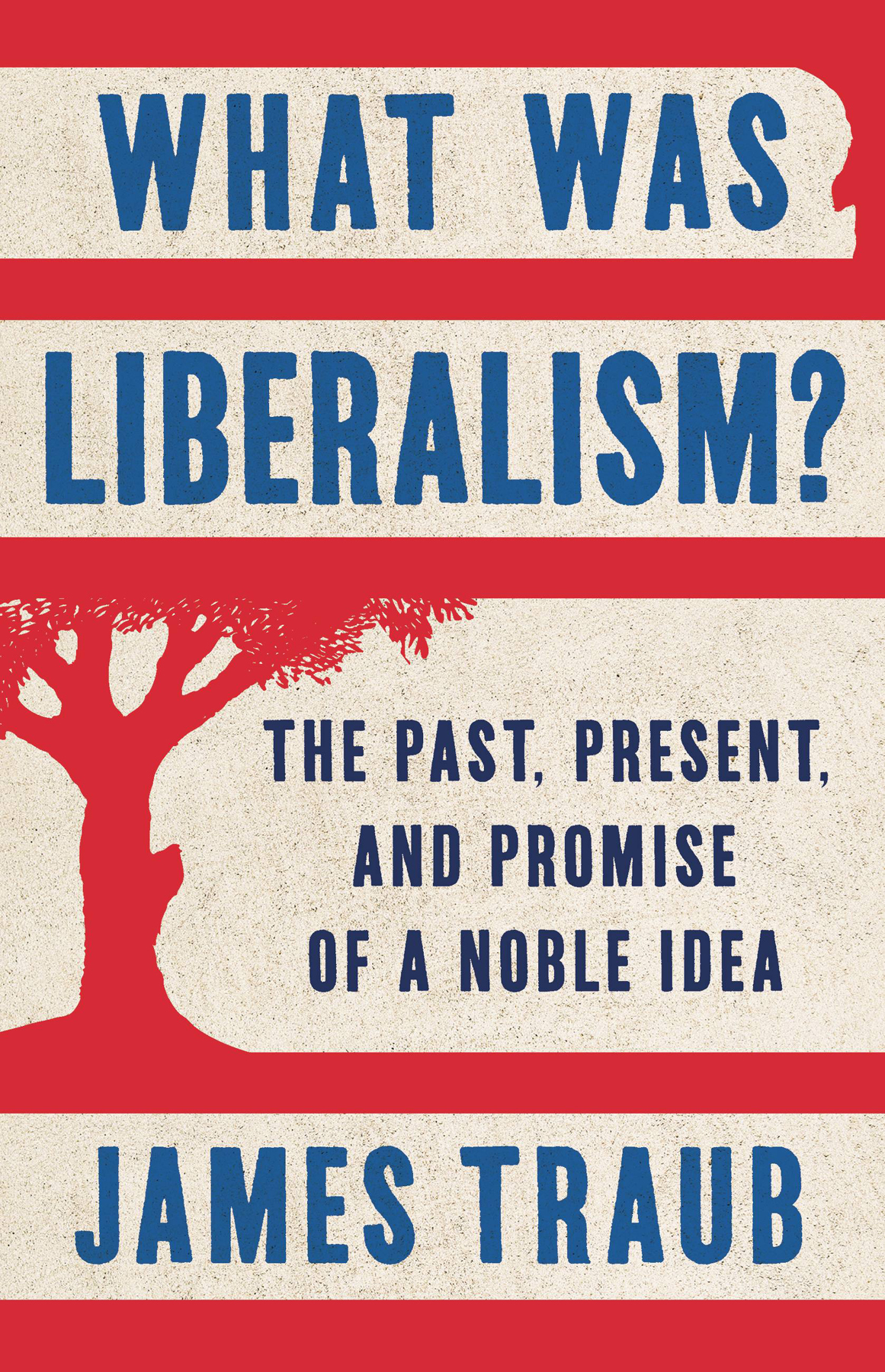W HEN I WAS BORN, IN 1954, A MERICANS USED THE WORD liberal to describe almost everything they liked about themselves. The American assumes liberalism as one of the presuppositions of life, the historian Arthur Schlesinger Jr. wrote at the time. He is, by nature, a gradualist; he sees few problems which cannot be solved by reason and debate; and he is confident that nearly all problems can be solved. Liberalism meant optimism, rationalism, pragmatism, secularism. It was not so much a political platform as a national disposition. In his 1955 book The Liberal Tradition in America, Louis Hartz, another celebrated Harvard historian, observed that America had never had a national Liberal Party because it would have been superfluous; America, he wrote, echoing Alexis de Tocqueville, had been born liberal. At the time, of course, the president, Dwight Eisenhower, was a Republican, but his election had only confirmed the liberal consensus, for the 1952 Republican platform had accepted for the first time the programs of the New Deal, including Social Security. For all their very real disagreements, the two parties professed a broad faith in free markets, a modest commitment to deploying the state to protect vulnerable citizens and promote public goods, and a bedrock respect for individual rights.
In the America of my boyhood, everything and everyone seemed to be liberal. My father voted Republicanbut liberal Republican. My mother was an actual card-carrying member of New Yorks thoroughly marginal Liberal Party. The only really bad people in our household politics were the crackpots who joined the far-right John Birch Society, founded by candy manufacturer Robert Welch. We were not allowed to eat Sugar Babies because he made them. The only time we saw what we considered the lunatic fringe advance anywhere near the middle of American society was in 1964, when the Republicans nominated for president Barry Goldwater, the Arizona senator who seemed to be prepared to fight World War III in order to defeat Communism. Extremism in defense of liberty is no vice, Goldwater said. But Communism didnt threaten our liberty; extremism did. At Rosh Hashanah services at my temple in suburban New York, a few weeks before the election, the rabbi, who never spoke about politics on the High Holy Days, implored the congregants to vote for President Lyndon Johnson. They did, of course, and the rout Goldwater suffered felt like a decisive response to anti-liberalism.
In fact, the story was much more complicated than that. Goldwater joined a rabid Cold War conservatism to a tradition of anti-statist free-market liberalism that could be traced back to Adam Smith, or even to John Locke. In 1980, Ronald Reagan, once Goldwaters most effective proxy, became president. Throughout my adult life, these right-liberals, who called themselves conservatives, traded power with left-liberals, who generally called themselves progressives. When Francis Fukuyama famously argued in 1989 that history had come to an end because liberalism had defeated all its ideological rivals, he had in mind this broader, older understanding of the word. Democrats and Republicans were much further apart in 1989 than they had been in 1954, but both were recognizably heirs of the liberal tradition.
Yet that familiar left-right world now seems almost as archaic as the postwar consensus. Wenot just Americans but citizens of the Westlive in a world where liberalism, however understood, is under dire threat from illiberalism. For all the vast differences between them, George W. Bush and Barack Obama have more in common with each other than they do with Donald Trumpor with Viktor Orbn or Jarosaw Kaczyski, the autocratic populists who dominate the politics of, respectively, Hungary and Poland. Though in 2016 he sought and won the nomination of the institutional party of conservatism, the party of free markets and small government, Trump openly mocked the alleged benefits of free trade and promised to protect Social Security and Medicare. He gleefully flouted elements of the liberal consensus that conservatives in the past had only clandestinely transgressed. This plutocratic populist trafficked in fear rather than hope; luridly evoked the dangers that people of color, especially immigrants, allegedly posed to his white audience; encouraged acts of violence against protesters; invented whatever facts suited his purpose. If voters had wanted a conservative, they could have chosen one from among his seventeen rivals for the GOP nomination; yet Trump dispatched them with ease. He has ruled precisely as he campaigned. And he remains, as of this writing, the darling of his own party.
The rise of illiberalism is the greatest shock of my political life. And its precisely because I grew up in a world of consensual liberalism that Trumps election seemed to come out of the blue. I thought political life was confined to the oscillations between left and right, as, I think, did most people of my generation, and for that matter most politicians. Liberals and conservatives thought that the greatest threat to the American future was one another. They were wrong. The greatest threat is that we will normalize violence and hatred; that we will abandon science, facts, and reason itself; that we will marginalize and persecute minorities. The twentieth century shows us how very short the path is from populism to authoritarianism.


